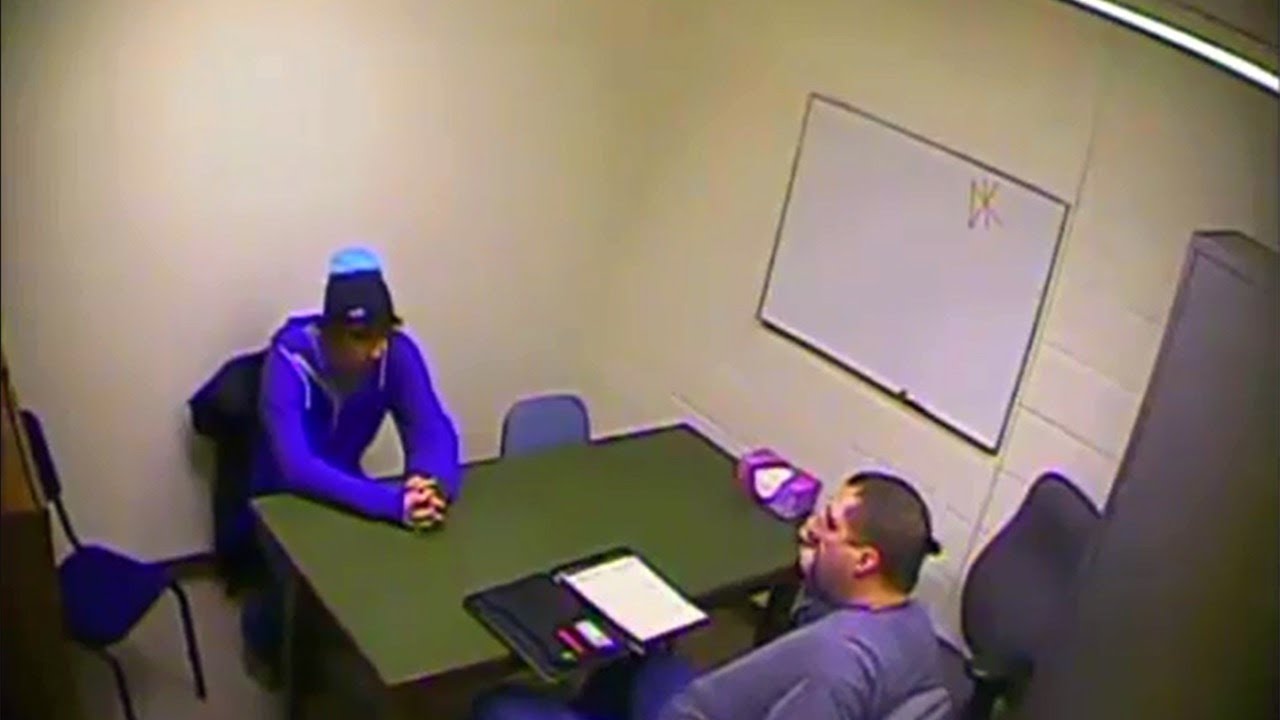For filmmaker Trevor Birney, the parallels were unmistakable. He had just completed co-producing No Stone Unturned, a feature documentary about the unsolved 1994 murder of six Irishmen at a pub. It’s widely believed they were murdered by members of a Unionist paramilitary group, but no one has ever been charged.
After that film came out to rave reviews (it was an official at Hot Docs 2018 but was withdrawn leading up to the event), Birney began to look for similar stories of entrapment and police recruitment of undercover informants. He soon learned the shocking story of Andrew Sadek, a college student who went missing and was found dead, two months later. His parents were left with terrifying questions about the mysteries surrounding his death; with much digging, they learned that police had recruited Sadek as an informant after they had captured him selling pot.
“What really struck me about both situations, in Ireland and North Dakota, was the complete lack of accountability on the part of police,” Birney says. “There appeared to be no checks and balances, no independent scrutiny. Time and again, if police are left with the idea that they are not beholden to anyone, it only leads to bad things happening.”
Birney was happy to take on what he saw as another egregious case of police malfeasance, as he and fellow journalist Barry McCaffrey had actually been charged for the revelations made in No Stone Unturned. British police entered their homes and retrieved computers, files and phones, with policing alleging they had “stolen” a confidential report. The charges were thrown out of court in June of last year.
The Sadek story also had an emotional core that drew Birney in. “Sadek’s parents desperately want to know that nothing like this could ever happen to another young person. We spent a lot of time talking to the family about what they had been through before we actually flew to North Dakota and met them. Their son went through a form of torture. They knew what I had experienced, and they trusted that we would tell the full story of what happened to their son.”
Speaking to Birney about issues around police oversight takes on new meaning, given that our interview is happening after a week of riots in major American cities, in the wake of the murder of George Floyd by police, all captured on an excruciating eight-minute video. “We started this film just after Trump was elected. My interactions with Americans were usually people on either coast, so this meant travelling to the so-called flyover states, the places many see as having elected Trump. Meeting the Sadek family really renewed my faith the American people. These are extremely thoughtful and kind people who suffered through a terrible loss.”
As The Dakota Entrapment Tapes unfolds, we hear from Sadek’s parents but also his college friends, who describe a gentle person who happened to smoke dope and sell some. “This is about the abuse of a young person,” says Birney, “but it’s also the abuse of a college. That’s a place where young people go to learn, to find themselves, and yes, to experiment. It’s hallowed ground. It’s supposed to be a time of freedom. The idea that police would recruit informants to try to solve a drug problem that didn’t even exist is absurd. Police were preying on the student population.”
In agonizing detail, Birney connects the dots, revealing the shady dealings of police who worked clandestinely to entrap students and then use them to try to implicate others. It’s even more shocking when one considers that the state has no real health crisis or death toll due to marijuana use.
Sadek’s case did draw enough attention that there have been changes in the law, specifically that police are now required to have special training if they are working with undercover informants. Birney hopes it will also mean they can’t recruit on campuses.
But the state’s pot laws remain intact: Birney says he was disappointed when during the making of the film, North Dakota held a referendum on legalizing marijuana, with most voting to maintain the prohibition. The Sadek family, he notes, publicly advocated for legalizing the drug. “Let’s face it,” Birney says, “the drugs doing the most damage are obviously ones that are actually being legally prescribed.”
And while he’s glad their story is being told, Birney says the outcome remains devastating. Not only did the Sadeks lose their son, but the police officials responsible were never held responsible. “They were really holding out hope that the officers behind all of this would be held to account. I was shocked at how blasé the attitudes towards this young man’s death were. Again, it reminded me of the police in Ireland who were never held to account. The Sadeks are still dealing with terrible grief.
“The system really failed them.”
The Dakota Entrapment Tapes screens at Hot Docs’ online festival.










